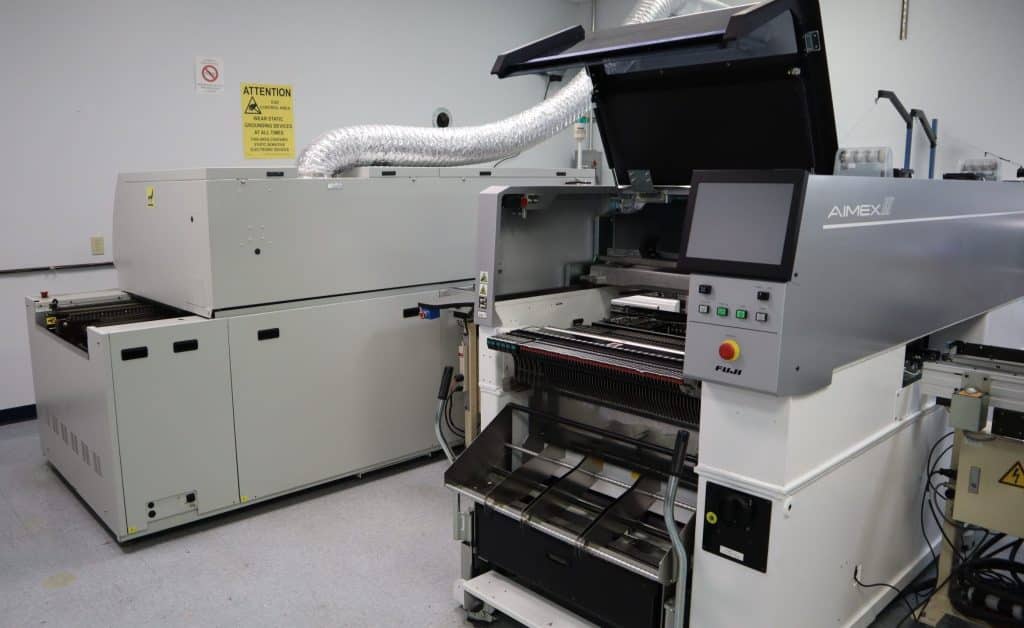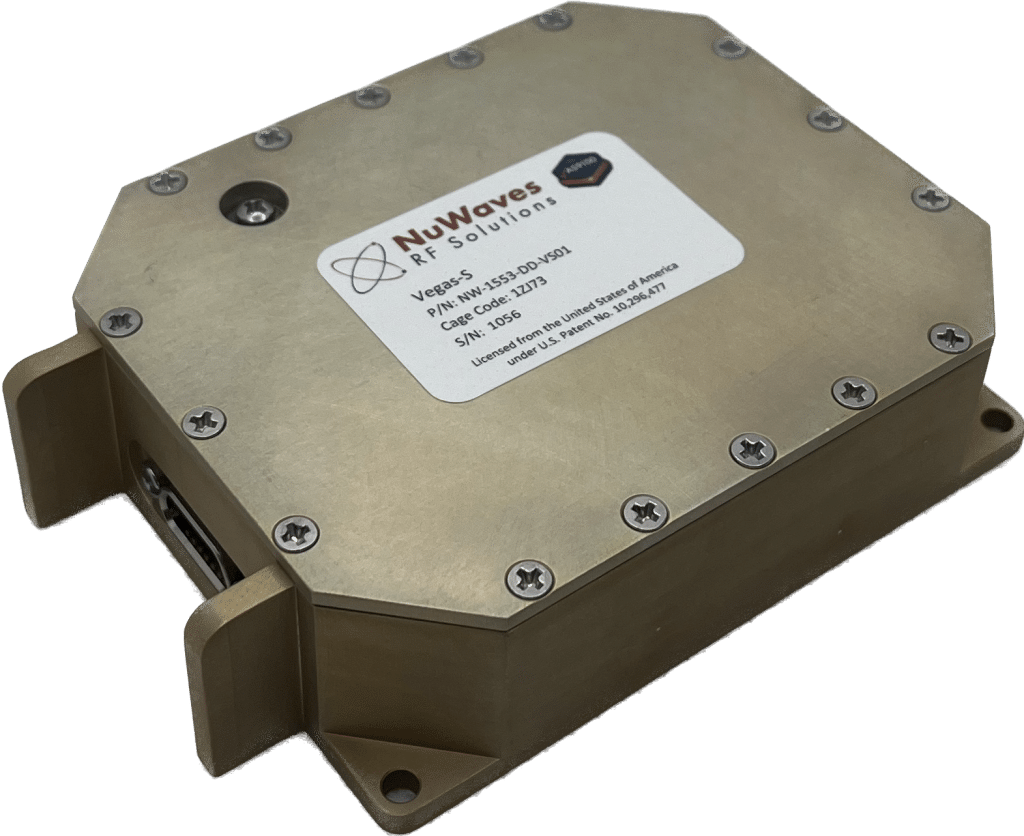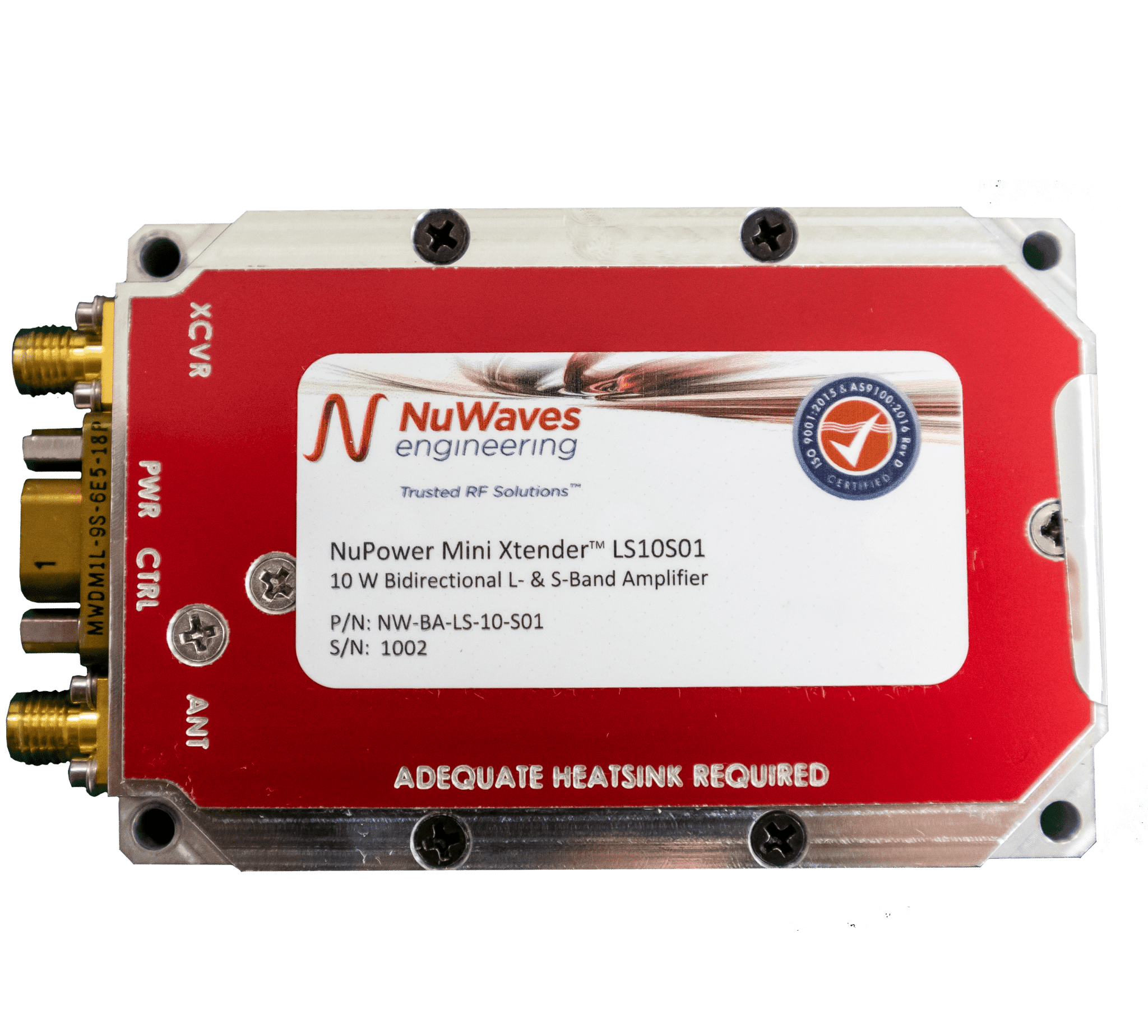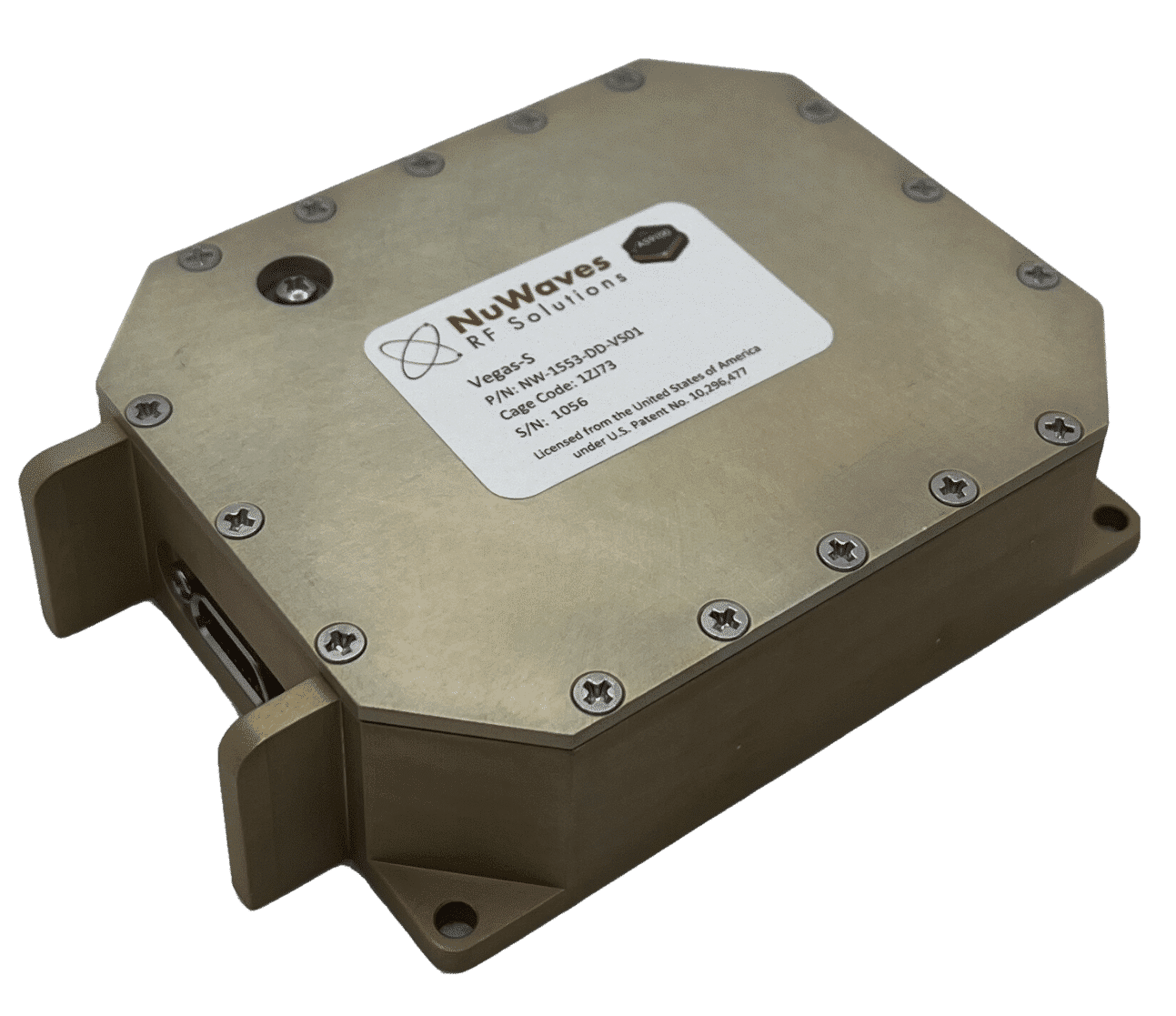Trusted RF Solutions for aerospace, military, and high-end industrial applications.
With a focus on national defense and aerospace markets, we deliver radio frequency (RF) and microwave solutions that advance your mission.
RF Solutions from an RF powerhouse with concept to production expertise in environments from seas to stars.
MAXIMIZE YOUR RF CAPABILITY AND READINESS
NuWaves RF Solutions is a premier supplier of RF and Microwave solutions for the Department of Defense (DoD), DoD Prime Contractors, government, and industrial customers. As an RF engineering powerhouse, NuWaves offers a broad range of custom design and engineering services related to the development and sustainment of communications, telemetry, and electronic warfare systems, as well as a complete line of commercially available RF & Microwave products. NuWaves’ off-the-shelf products include wideband frequency converters (upconverters and downconverters), high-efficiency and miniature solid-state power amplifiers (SSPA), RF Front-Ends, bidirectional amplifiers, high intercept low noise amplifiers, and last but not least, miniature RF filters. NuWaves delivers on state-of-the-art custom RF developments, along with the production of high-technology RF Systems and Subsystems. As a result, NuWaves RF Solutions is the preferred provider of RF and Microwave Design Services and Product Development … Trusted RF Solutions™.

ADVANCED RF ELECTRONICS
Our RF and Microwave solutions are designed in-house from concept to production, backed by a proven record of innovative engineering and high-performance.

RF Product Solutions
Solid-state RF and Microwave power amplifiers, bidirectional amplifiers, frequency converters, and custom filters.
Commercial off-the-shelf modules in stock and ready to ship!

RF Engineering Design Services
RF and Microwave engineering design services, RF product development from concept to production, system sustainment and modernization, and more!
We strive to engineer lasting partnerships!

Contract Manufacturing
Boasting a state-of-the-art, United States-based, manufacturing facility, we create turn-key solutions for CCA to top-level and mechanical builds.
Check out our electromechanical designs.
FEATURED PRODUCTS

NuFilter™ 05LPLE-2500-SFSF-M01 Miniature Harmonic Filter
- DC to 2500 MHz
- 50 W RF Power Handling
- Low pass filter

HILNA™ V1 Low Noise Amplifier
- 50 – 1000 MHz
- 20 dB Gain
- Broadband Operation

Vegas-S MIL-STD-1553 Data Diode
- Risk reduction
- Simple single chip solution
- No loadable software or firmware

NuPower Xtender™ LS-10-S01-D19 Bidirectional Amplifier
- 1.0 GHz – 2.5 GHz
- 25 Watt CW
- 14 dB (typ) Receive Gain

NuPower C20R01 Power Amplifier
- 4.4 to 4.9 GHz
- 20 Watts Psat RF Output Power
- High-Efficiency GaN Technology

NuFilter™ 04BPCV-4695-SFSF-M01 C-Band Bandpass Filter
- 4400 to 4990 MHz
- 35W CW RF Power Handling
- Bandpass filter
Our Work In Numbers
ADDRESSING YOUR MOST COMPLEX CHALLENGES
NuWaves RF Solutions provides quick-tempo design and engineering services with special regard to size, weight, power (SWaP) reduction, cost, and schedule. Our job is to reduce your risk by delivering quality product on-time.

A FEW OF OUR SATISFIED CUSTOMERS
TECHNICAL TIPS AND TRICKS
NuWaves possesses a variety of expertise and core capabilities. Learn more about how we can develop personalized RF and Microwave solutions.

Commercial-Off-The-Shelf (COTS) Electronic Modules for Space Missions
Author: Tim Wurth, Chief Technical Officer Date: June 4th, 2025 These are…

Finding the Right Filter for RF Success
Filter Types and Topologies In any wireless or RF system, unwanted interference…

SATCOM: Eye in the Sky
There are many ways to communicate via wireless transmission. One of the…
Contact us
Reach out to our team to discuss how NuWaves’ designs can improve your system.
Direct Sales Line: (513) 795-8875
information@nuwaves.com
Middletown, OH 45044























